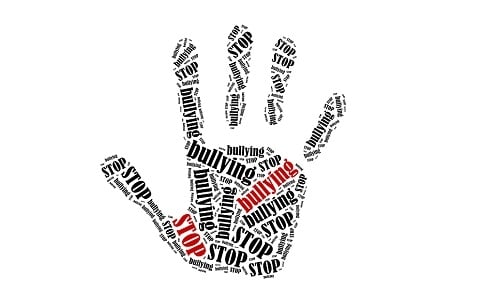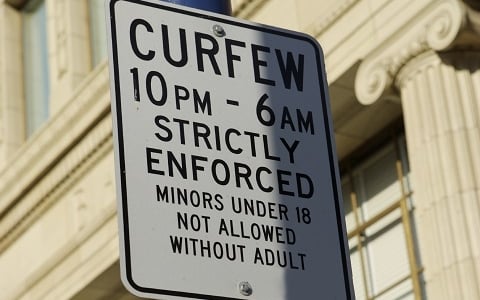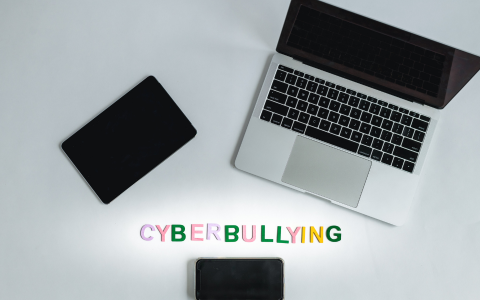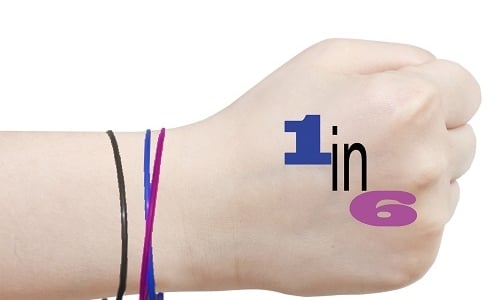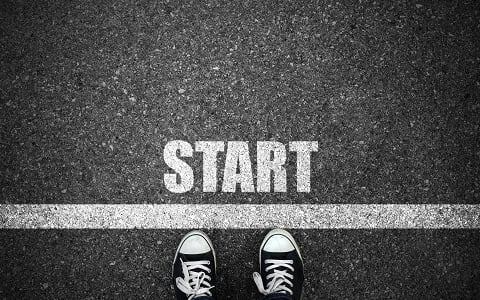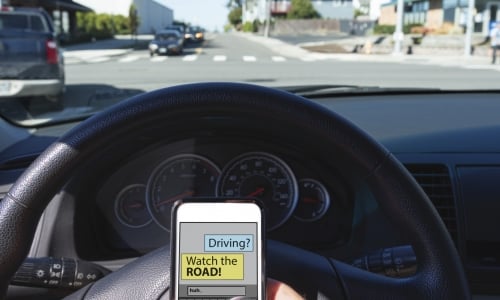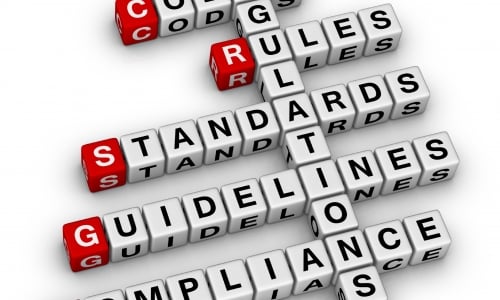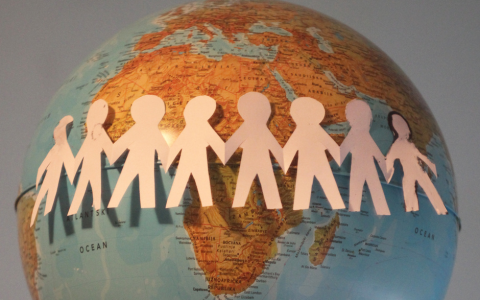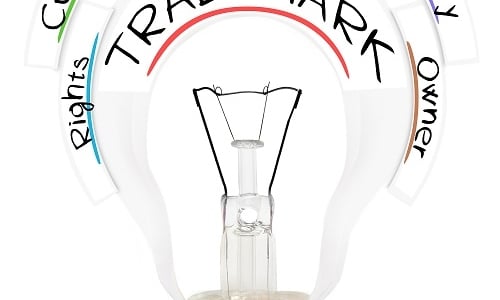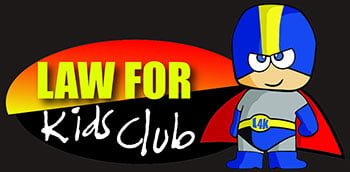WHAT IS HUMAN TRAFFICKING?
The Trafficking Victims Protection Act of 2000 (TVPA) defines “severe forms of human trafficking” as the recruitment, harboring, transportation, provision, or obtaining of a person for:
- sex trafficking in which a commercial sex act is induced by force, Glossary Link fraud, or coercion, or in which the person induced to perform such act has not attained 18 years of age; or
- labor or services, through the use of force, fraud, or coercion for the purpose of subjection to involuntary servitude, peonage, debt bondage, or slavery
Coercion includes threats of physical or psychological harm to children and/or their families. Any child (under the age of 18) engaged in commercial sex is a victim of trafficking
HOW BIG OF AN ISSUE IS THIS REALLY?
- The US Department of State estimates that 14,500-17,500 men, women, and children are tricked into coming to the United States each year for the purpose of being forced into human trafficking or slavery.
- Human trafficking of youth is the fastest growing crime.
- Every year, an estimated 100,000 children are sold into the sex trade in the US.
DOES THIS APPLY TO ME OR JUST INDIGENT PEOPLE FROM OTHER COUNTRIES?
Teens and youth from all walks of life and countries are at risk of sex trafficking. Educating yourself about this issue is the key to empowerment. How to protect yourself:
- Does the offer sound amazingly good? Then it probably is. If you are asked for your information or to go to a location to model – say you’d like your parents or guardian to accompany you. If the person is uncomfortable with this, they are not legit.
- Tell Someone: If you or someone you know who is vulnerable and is falling prey, tell someone you trust, a police officer, the church or a shelter. Always depend on 911.
WHO IS AT RISK FOR BEING TRAFFICKED?
Teens are at risk where they have been abused and run away from home finding themselves living on the streets. This leaves our children vulnerable to predators involved in prostitution.
IS THIS THE SAME THING AS SMUGGLING?
No. Smuggling is a crime against the border of a country. Human Trafficking is a crime against a person.
HOW ARE CHILDREN TRAFFICKED IN THE UNITED STATES?
In the United States, children are subjected to human trafficking by prostitution on the streets or in a private residence, club, hotel, spa, or massage parlor; online commercial sexual exploitation; exotic dancing/stripping; agricultural, factory, or meatpacking work; construction; domestic labor in a home; restaurant/bar work; illegal drug trade; door-to-door sales, street peddling, or begging; or hair, nail, and beauty salons.
WHERE ARE THE VICTIMS OF HUMAN TRAFFICKING FROM?
Victims of human trafficking have been lured to the United States from Thailand, Peru, Romania, Costa Rica, Mexico, Vietnam, Sri Lanka, China, Cambodia, Honduras, and Russia (just to name a few).
WHO IS TRAFFICKING CHILDREN?
Family members, acquaintances, pimps, employers, smugglers, and strangers traffic children.
HOW DO TRAFFICKERS OPERATE?
They often prey upon the the common hopes of youth such as promises of an education, a job, or a better life in another country and may use psychological intimidation or violence to control the children and gain financial benefits from their exploitation.
HOW CAN PEOPLE (INCLUDING ADULTS, TEENAGERS, & CHILDREN) HELP?
If you see any of the following, contact the National Human Trafficking Resource Center hotline at 1-888-373-7888 or text to BeFree (233733) for specialized victim services referrals or to report the situation
- Common Work and Living Conditions: The Individual(s) in Question
- Is not free to leave or come and go as he/she wishes
- Is under 18 and is providing commercial sex acts
- Is in the commercial sex industry and has a pimp / manager
- Is unpaid, paid very little, or paid only through tips
- Works excessively long and/or unusual hours
- Is not allowed breaks or suffers under unusual restrictions at work
- Owes a large debt and is unable to pay it off
- Was recruited through false promises concerning the nature and conditions of his/her work
- High security measures exist in the work and/or living locations (e.g. opaque windows, boarded up windows, bars on windows, barbed wire, security cameras, etc.)
- Poor Mental Health or Abnormal Behavior
- Is fearful, anxious, depressed, submissive, tense, or nervous/paranoid
- Exhibits unusually fearful or anxious behavior after bringing up law enforcement
- Avoids eye contact
- Poor Physical Health
- Lacks health care
- Appears malnourished
- Shows signs of physical and/or sexual abuse, physical restraint, confinement, or torture Lack of Control
- Has few or no personal possessions
- Is not in control of his/her own money, no financial records, or bank account
- Is not in control of his/her own identification documents (ID or passport)
- Is not allowed or able to speak for themselves (a third party may insist on being present and/or translating)
- Other
- Claims of just visiting and inability to clarify where he/she is staying/address
- Lack of knowledge of whereabouts and/or do not know what city he/she is in
- Loss of sense of time
- Has numerous inconsistencies in his/her story
HOW DO I REPORT HUMAN TRAFFICKING?
If a child is in urgent need of assistance, contact law enforcement or child protective services to report abuse, neglect, or exploitation of a child. The Childhelp® National Child Abuse Hotline professional crisis counselors can connect a caller with a local number to report abuse. Contact Childhelp at 1.800.4.A.CHILD. (1.800.422.4453).
HOW DO I PROTECT MYSELF FROM BECOMING A VICTIM?
1. Be Aware
Always be aware of your environment, be conscious (alert) of the people around you. Become informed about how predators prey on teens, the more knowledge you have the better.
2. Tell Someone
Don’t be silent! If you or someone you know who is vulnerable and is falling prey, tell someone you trust, a police officer, the church or a shelter. Always depend on 911. Don’t be ashamed!
WHAT IF SOMEONE WHO IS THE VICTIM OF HUMAN TRAFFICKING IS AFRAID TO TELL ANYONE BECAUSE HE OR SHE IS AFRAID OF BEING DEPORTED?
There are special immigration visas that may give victims of human trafficking legal status (allow them to legally stay in the United States) if they meet the eligibility requirements of those visas. The “T” Visa is set aside specifically for victims of human trafficking, and the “U” Visa is set aside for victims of criminal activity. Generally a victim must be willing to assist law enforcement officers in their investigation though there is an exception to that rule for “T” Visas. To obtain more information about these visa programs and to view all the eligibility requirements visit the U.S. Citizenship and Immigration Services webpage for “Victims of Human Trafficking and Other Crimes.” http://www.uscis.gov/humanitarian/victims-human-trafficking-other-crimes
Laws may have changed since the last time this article was updated. The current and most up-to-date laws can be accessed here.


